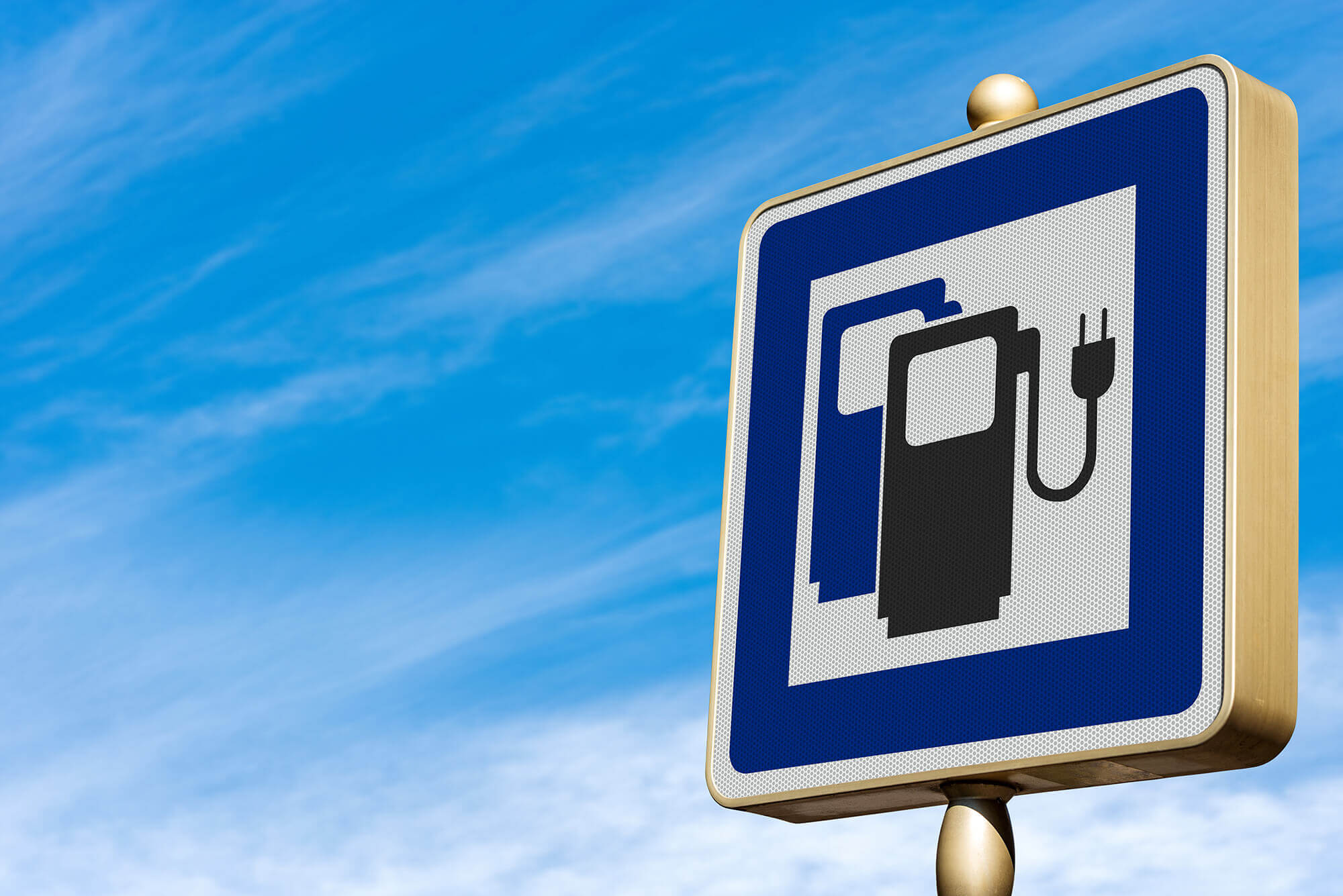Seven Day Banking
Seven Day Banking
Did you know that on the 26th May New Zealand’s major banks changed the way they process payments from five days a week to seven days a week, 365 days of the year? It’s a significant change that hasn’t been widely publicised. So, what does it mean, and how does it affect you?

What’s happened?
Prior to the 26th May 2023 our banks only processed payments Monday to Friday, excluding public holidays. This followed along the lines of ‘normal business days’ whereby banks and other businesses traditionally opened five days a week. For a while now, many companies and banks are now open for business seven days a week, so it makes sense payments can be processed everyday too.
What does this mean?
Automatic payments, bill payments, credit card, debit card and direct debit or direct credit transactions can now be made every day, including weekends and public holidays. For example, someone buys an item you’ve listed on TradeMe on Friday, you give them your bank account details and the money is in your account on Saturday, instead of having to wait until Monday or Tuesday, if Monday happens to be a public holiday.
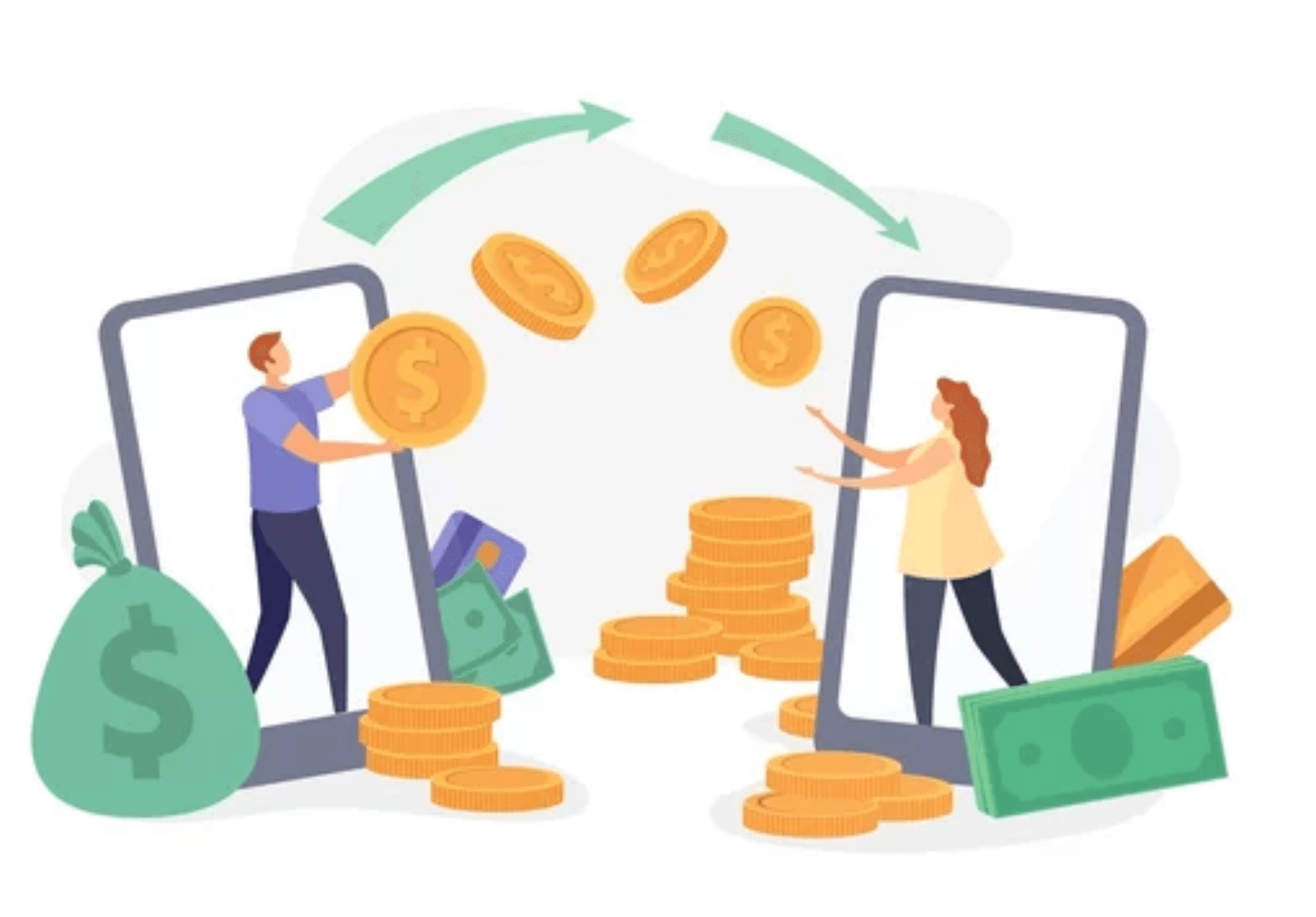
Things to be aware of
- Banks have stopped allowing customers going into unarranged overdraft when direct debits are due.
- In the past, direct debits would still be processed if there weren’t sufficient funds in your account and your account would go into unarranged overdraft. Now, direct debits will only be processed if you have enough money in your account on the day the direct debit is due.
- Also, if you have an automatic payment or direct debit payment scheduled on the 20th of each month for example, this payment will be taken no matter what calendar day the 20th falls on, even if it’s a weekend or a public holiday.
- Most major banks have adopted seven-day banking. A full list of participating banks can be found at Payments NZ.

Plan ahead
- Make a list of all your outgoing automatic payments and direct debits and set up calendar reminders in your phone a day or two before they are due. Check your account balance and make sure there is enough money so you’re not caught out.
- If you need to, make any necessary changes to your automatic payment or direct debit payment dates so that they align with your salary payment cycle.
- Ensure there is enough money in your bank account on the day a direct debit is due, or talk to your bank to see if you can organise a pre-arranged overdraft limit.

As with any change, now is a good time to review your budget and finances to ensure you’re on the right track and to make any adjustments if you need to.
If you have a loan with Oxford Finance and would like to change the date of your direct debit to align with your pay cycle, get in touch with our friendly team, we’re here to help. Alternatively, if you are experiencing an unforeseen change in your financial situation, don’t leave it too late to contact us or call 0800 88 44 66.
Get your car winter ready
Get your car winter ready
With winter just around the corner, now is a good time check your car is ready to tackle the cold, wet and possibly snowy conditions safely. We’ve put together a list of car care tips and things to check to keep you moving this winter.
Check your tyres
If your tyres are underinflated you’ll lower the fuel economy of your car and shorten the lifespan of your tyres, not to mention your car steering, handling and grip can be significantly compromised. Overinflating will also shorten your tyres lifespan, so it’s important to get it right. Look in your car’s handbook for the correct tyre pressure or on the sticker inside the driver’s door.

Ensuring the correct amount of tread on your tyres will make a difference to how your car handles in wet conditions and how quickly you can stop. A simple test to measure tread depth is by placing a New Zealand 20 cent coin upright into the centre grooves of your tyre. If you can see the number 20 it’s likely you’ll need to look at purchasing new tyres.
Make sure all your lights are working
With shorter daylight hours and more driving to and from work in the dark, it’s important to check your exterior lights are working and are kept clean for optimum visibility.

Take care of your car battery
The lower winter temperature makes is harder for your car’s engine to turn over so, when you start the ignition, wait a few moments before switching on the headlights and cranking up the heat. EV drivers are not exempt here either, the cold weather can have a negative impact on battery power output so it pays to keep your EV fully charged.
Look after your windscreen
Keep the inside of your windscreen clean with glass cleaner and avoid using your hands on the glass to get rid of a fogged-up screen. Also, if you notice streaking when your windscreen wipers are on and it’s affecting visibility, it probably time to get new wiper blades.

Make use of a garage, if you have one
Now might be a good time to clean out the garage or carport and keep your car there overnight during the winter months. Your battery will thank you for it and you’ll improve on fuel consumption if your engine is warmer before starting up.
Get your car serviced
To extend the life of your car and keep it running smoothly, aim to get it serviced every 10,000 kilometers or once every 12 months (every autumn is a good way to remember). Shop around for a car service, there are a range of packages available to suit all budgets.

And last but not least, drive to the conditions
Rain, fog, shorter daylight hours and black ice can all lead to accidents on our roads. Adjust your driving to suit the conditions and avoid sudden breaking. Reduce your speed, increase your following distance and get to your destination safely.

If you’re thinking about financing a new car or have any questions around applying for a car loan, please get in touch with our friendly team, we’re here to help. Alternatively, if you have a loan with Oxford Finance and are experiencing an unforeseen change in your financial situation, don’t leave it too late to contact us or call 0800 88 44 66.
Top money saving tips
Top money saving tips
Last month we ran a Facebook competition asking people to tell us their top money saving tips to be in to win one of three $500 cash prizes. We received an amazing response with over 700 entries and so many great money saving ideas.
As the cost of living continues to make daily headlines we’ve decided to share with you the top 20 tips that caught our eye. And, hope you’ll be inspired with some real life tips from everyday Kiwis.

Top 20 money saving tips
- Take a percentage of your salary after tax (let’s say 5%) put it in a separate account at a different bank and leave it alone. Treat that money as inaccessible and try to forget about it.
- Sign up for loyalty cards that offer deals or discounts.
- I pay my utilities, rates, insurance, mortgage bills fortnightly. Then set aside a certain amount for groceries.
- We grow a lot of vegies at home for our meals.
- I gave up smoking and banked that money each time I would’ve bought a packet of tobacco.
- To stop myself from buying takeaways when driving I put my purse in the boot of the car. Too annoying to get out and get it before going through the drive thru.
- Stop buying your lunch every day. It’s so much cheaper to bring lunch from home.
- Make a plan for groceries. Shop around for specials and make enough kai to have leftovers for lunch or freeze for another time.
- Put all $5 notes in a jar. By the end of the year you’ll be surprised how much you have.
- I buy petrol on a Wednesday. NPD have 15c off.
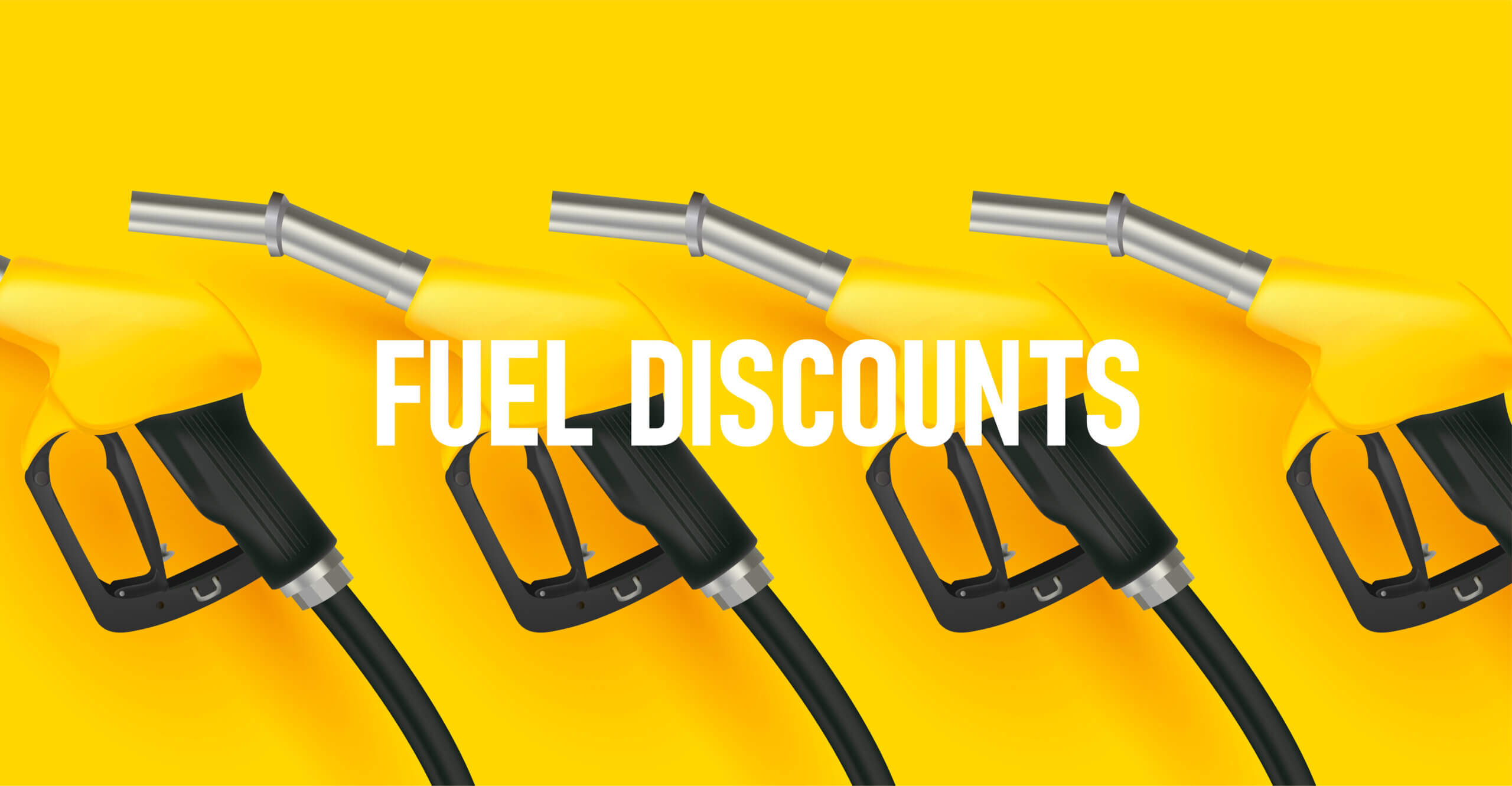
- Pack a picnic when taking the kids out.
- ‘Black out nights’ – play board games by candlelight and save power.
- Any money left over the night before pay day goes into the savings account.
- Use the Gasby app to find the cheapest petrol. Find out more here https://www.gaspy.nz.
- Take three minute showers! Play a favourite song as your timer.
- Clothes swapping or sharing with whanau.
- Turn your hot water off if you are away from home for more than two days.
- We do our supermarket shopping online so we can take the time to look at pricing and easily take items off to fit our budget.
- Check your power plan with Powerswitch.
- Withdraw cash on pay day. This is my ‘allowance’ until next pay day. It’s amazing how much I am reluctant to part with cash!

Feeling financial pressure?
If you have a loan with Oxford Finance and are experiencing an unforeseen change in your financial situation, don’t leave it too late to contact us or call 0800 88 44 66.
Get confidential financial mentoring or budgeting advice from Money Talks, an organization that offers advice at no cost to you. Call them on 0800 345 123 or visit their website here.
Buy now, pay later?
Buy now, pay later?
See it, want it, buy it…then pay for it later, what could be easier? Buy now, pay later (BNPL) is an increasingly popular in-store or online payment option in New Zealand, but is it right for you? We take a look at what BNPL is, how it works, along with the advantages and drawbacks of this short-term loan option.
What is BNPL?
Buy now, pay later (BNPL) is a service that allows you to get the product or service you want straight away, then pay for it in installments over a period of time. Popular BNPL providers include Afterpay, Laybuy or ZIP.

How does BNPL work?
BNPL providers are fully integrated on the checkout page of an online store. You just opt to pay via the BNPL provider instead of using your credit card. Once you’ve created an account, approvals are processed shortly after your details have been submitted. You don’t have to use this service exclusively online either, BNPL is available in-store at many retailers throughout New Zealand.
Some BNPL providers will run a credit check and you may not be approved if you have a poor credit rating.
You may be requested to make an initial payment upfront, then the rest of your payments will automatically come out of your nominated bank account, debit card or credit card. Repayments are usually spread over five or six weekly or fortnightly payments.

Advantages of BNPL
- It’s convenient
- Fast and easy set up and approval process
- Interest free terms
- No fees if you make your payments on time
Drawbacks of BNPL
- It can encourage impulse spending
- Easy to overspend and blow your budget
- High late payment fees if you miss a payment or don’t have enough money in your bank account
- It can affect your ability to get a loan
- You can run into trouble if you are juggling too many payment plans at once

So, is BNPL the right fit for you?
Deciding whether to use a BNPL service is a personal choice based on your financial situation. Before you jump right in it’s a good idea to ask yourself – Do I need it, or just want it? Can I comfortably afford the weekly or fortnightly repayments? If the answer is yes, then using BNPL can be a good way to make purchases and spread the payments over a short period of time. However, if you know you don’t have the best spending habits and think you’ll have difficulty making repayments, BNPL could make your situation go from bad to worse. Choose wisely!
You may be aware the New Zealand government is introducing new protections for consumers using BNPL, find out more here.
Feeling financial pressure?
If you have a loan with Oxford Finance and are experiencing an unforeseen change in your financial situation, don’t leave it too late to contact us or call 0800 88 44 66.
Get confidential financial mentoring or budgeting advice from Money Talks, an organization that offers advice at no cost to you. Call them on 0800 345 123 or visit their website here.
Get your finances back on track
Get your finances back on track
Summer holidays, long lazy days in the sunshine, or if you’re in the North Island, looking out at yet another day of rain, may be starting to feel like a distant memory. Now that everyone is getting back to work and heading back to school, it’s time to ensure your finances are organised for 2023. Check out our top five tips.
1 – Holiday blowout
Firstly, if you’ve splashed a little too much cash around these past two months, don’t beat yourself up too much. You’re human and we all make mistakes. The important thing is to acknowledge you’ve over spent and find ways to fix any problems straight away.
Priority number 1 – If you have accidently missed a bill payment, don’t wait, pay it now. Alternatively, if your think you might not be able to make an upcoming payment, get in touch with the company or service provider to work through a payment plan or suitable solution.

2 – Be honest
Take an honest look at your recent spending. Check out your latest credit card or bank statements to find out where you’ve over spent and why. Once you’ve discovered where the money has gone, you can start to think about strategies to fix it and save money instead. For instance, if you can see that you have indulged in takeaways a few too many times a week, start by writing a weekly meal plan. Buy ingredients for easy meals from the supermarket in advance and prep ahead of time. You can still have the odd takeaway, just make it a treat once a week.
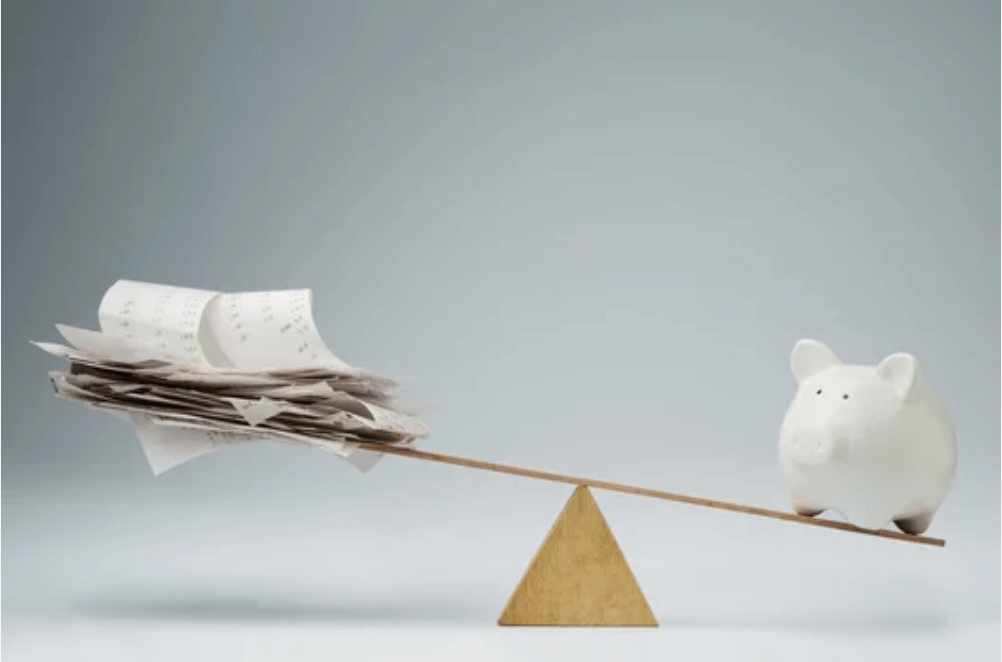
3 – Review your budget
How often do you take a look at your budget? Is something missing, what needs to change?
Perhaps your budget is too restrictive and unrealistic or, you need to reallocate how much you have budgeted for certain categories? For example, if your internet provider has recently increased their prices, you will need to adjust your budget to cover the additional expense.
It’s also a good idea to set up an emergency fund. Putting aside a little each week adds up quickly and will give you a buffer in case something unexpected happens.

4 – Set boundaries for future spending
Now is the time to set realistic boundaries to avoid the temptation to over spend. There are a number of apps available to help you budget, track your spending and set financial goals. MyBudgetPal is a great example of a free budgeting app available to Kiwis.

5 – Every little bit counts!
Small changes really do add up and will help you get your finances back on track. Be a savvy shopper and avoiding certain ‘specials’ at the supermarket. Do you really need five tins of peaches for $5 when you only intended to buy one for $1.20. Or maybe you need to ignore and avoid the latest sales at your local shopping mall and enjoy catching up with friends in the park or beach instead.
The beginning of the year is also a great time to review your subscriptions. It you only used your gym membership a handful of times last year, get rid of it!
Whatever you do, the key to successfully getting your finances back on track is to stay motivated. Break down your goals into smaller steps so they are more realistically achievable, and reward yourself when you get there…just not too much!
Feeling financial pressure?
If you have a loan with Oxford Finance and are experiencing an unforeseen change in your financial situation, don’t leave it too late to contact us or call 0800 88 44 66.
Get confidential financial mentoring or budgeting advice from Money Talks, an organization that offers advice at no cost to you. Call them on 0800 345 123 or visit their website here.
Top tips for a stress free holiday season
Top tips for a stress free holiday season
With the rush and excitement of Christmas and the anticipation of a well-deserved break, we often forget it can also be a time of added pressure and stress about money. So, we’ve put together some practical tips to help get you through the festive season and have a truly happy new year, and not a financial hangover in 2023.

Plan your spending
Christmas can be an expensive time of year, but it doesn’t mean that maxing out your credit card over meeting your financial commitments is a good idea. Here are a few things you can do:
- It sounds boring but it’s really important – start with a budget and stick to it.
- Make time to compare prices online and take advantage of pre-Christmas sales.
- Share the load and cut down time spent at the supermarket checkout by organising family members to each bring a plate on Christmas day.

Don’t over commit
Between friends and family, work and school, you are bound to have events or invitations fall on the same day. The best way to navigate your social calendar is to prioritise what’s most important and what you can attend in person. It’s okay to say no to a few invites, it will help relieve stress and you might save some money too. If you can, save a few of those catch ups for the new year, you’ll likely be more relaxed anyway.
Be realistic about your budget
You may have just bought a car, finished a kitchen renovation, or have a new addition to your family. Whatever stage of life you’re at, remind yourself that everyone’s financial situation is different. Try not to feel pressured into buying expensive gifts just because your best friend or brother always does.

Give yourself a break
Schedule in some ‘me’ time without breaking the bank. It could be a YouTube workout or walk around the block. A phone call with a friend, or even just 20 minutes sitting down with a cup of tea. Remember, you are only one person and you can only do so much. If the pavlova collapses it’s not the end of the world. It will still taste the same, and you can always try for that Instagram worthy pav next year.

So, this festive season, try to focus a little more on spending quality time with family and friends and less on time spent tapping the plastic!
Feeling financial pressure this Christmas?
If you have a loan with Oxford Finance and are experiencing an unforeseen change in your financial situation, don’t leave it too late to contact us on 0800 88 44 66.
Get confidential financial mentoring or budgeting advice from Money Talks, an organization that offers advice at no cost to you. Call them on 0800 345 123 or visit their website here.
Your credit score and why it matters
Your credit score and why it matters
Are you in the dark about personal credit scores? How it impacts on how much money you can borrow? And, how you find out what your rating is?
We’re here to shed some light, explain why it’s an important tool for lenders, and a few tips on how you can make sure yours shines!
What is a credit score?
Put simply, your personal credit score highlights your history of how promptly you pay your bills and pay back you credit obligations, such as a credit card or a loan. It is a number between 1 – 1,000, and the higher you score the better your credit rating is.
If you’ve ever had a credit card or even a phone contract you will have a credit history. Your credit data is supplied by companies that give credit (E.g. Banks, finance companies, power companies, phone companies), to credit agencies who report and record your credit information. This information can include instances where you’ve applied for a loan, paid bills on time, made overpayments, as well as if you’ve missed a payment or even been declared bankrupt.
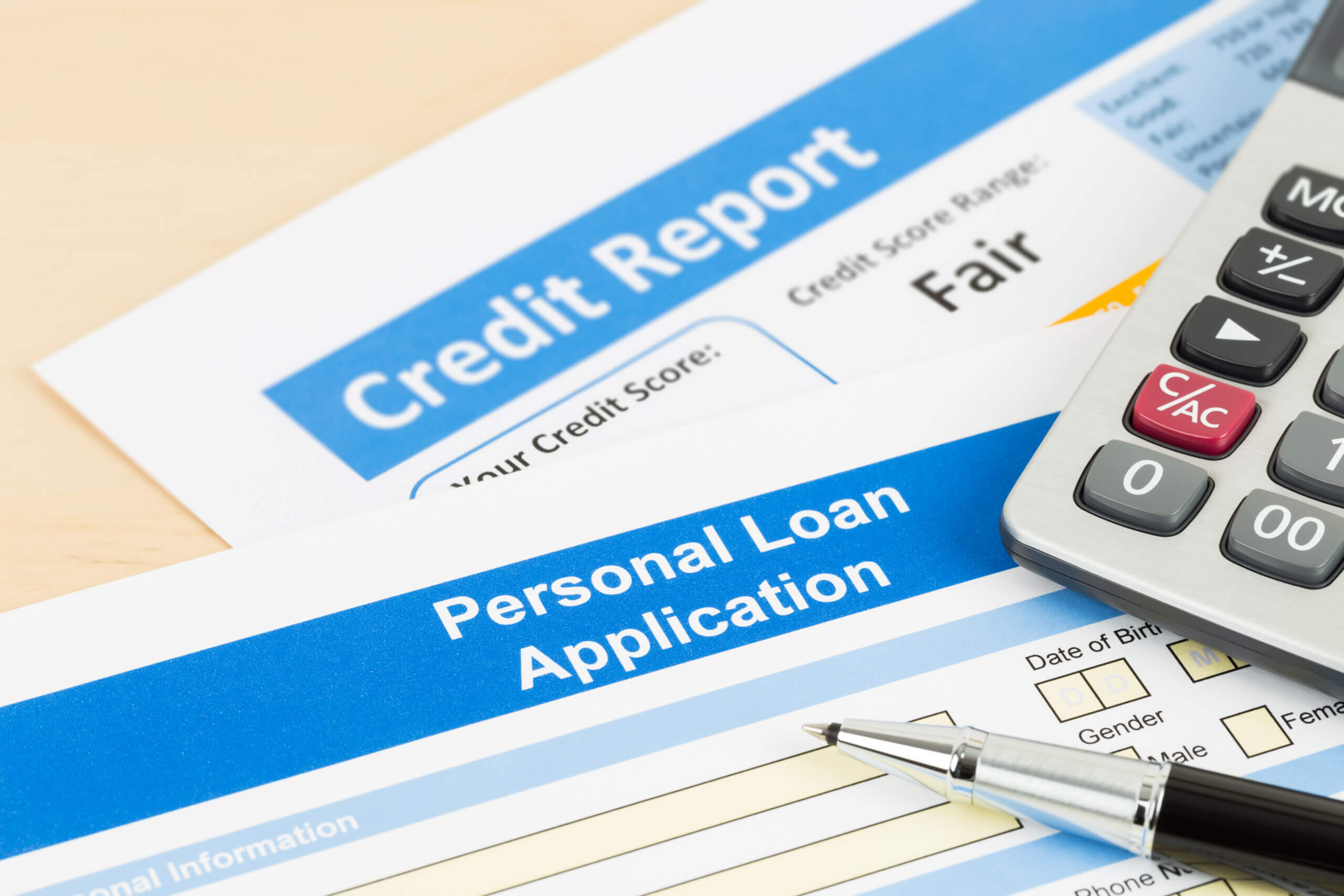
Why does your credit score affect your ability to get a loan?
Credit scoring and reporting helps lenders like us get an insight into how reliable you are with your finances – how often you’ve paid your bills on time and, how likely you are to pay them on time in the future. It can be used to determine your level of risk before deciding whether or not to lend you money. Your credit score not only impacts your ability to get a loan but can also impact the interest rate you pay. The better your credit score, the more likely you’ll have credit approved and, the cheaper it should be too.

So, how do you get a good credit score and what can you do to improve a low one?
Firstly, find out what your credit score is. New Zealand has a small number of credit reporting agencies who hold your credit data, and it’s an easy process to access your own personal credit history and credit score information. To get a free copy of your personal credit report provided by Centrix Credit Bureau, visit their website here.
Once you have your credit report in hand you can start to look at ways to improve your score. Here are some tips:
- Pay your bill on time, every time! Set up a direct debit and take the hassle out of remembering when something is due to be paid.
- If you have missed a payment, settle the outstanding amount as soon as possible.
- Avoid applying for small loans or credit cards too often. Multiple applications at the same time can negatively impact your score.
- Having a good long positive credit history will help to get you a higher credit score.
As you can see, how reliable you are with your finances directly reflects your credit score and can impact on how successful you’ll be when applying for a loan.
Check out our easy to use loan calculator to see what your loan repayments may be, and, If you have any questions around applying for finance please get in touch with our friendly team today. Alternatively, if you have a loan with us and are experiencing an unforeseen change in your financial situation, don’t leave it too late to contact us, we may be able to help.
Concerned about your finances?
Get confidential financial mentoring or budgeting advice from Money Talks, an organization that offers advice at no cost to you. Call them on 0800 345 123 or visit their website here.
Don't buy a car on your house!
Think twice about buying a car on your house
When you’re looking to purchase a new car or upgrade the old one, it can be tempting to top up your home loan to finance it. Car finance interest rates are usually higher than home loan interest rates, so you’d think it would make perfect sense. However, you may not realise that it’s much better to pay off your car as quickly as possible, especially when interest rates continue to rise. Here we explain three reasons why.
Reason 1 – You’ll pay less interest
Yes, really! A mortgage can last for decades with an average loan term of 25 years, whereas a car loan is usually 3 years or less. Even if the interest you’re paying is a little higher, the shorter the loan term, the less interest you are likely to pay overall.
Here’s a comparison:
If you add a $20,000 car loan to your mortgage with an interest rate of 6% on a 25-year loan term, the total amount you will have paid overall is $38,700. That’s $18,700 in interest alone, almost the cost of another car!
Alternatively, if you get $20,000 in car finance with an interest rate of 12% on a 3-year loan term, the total amount you will have paid overall is $23,904. As you can clearly see, you’re already winning.
Note: The above comparison is for indicative purposes only. Interest rates are subject to change and are only current at the time of writing this article. Oxford Finance fees, terms, conditions and normal lending criteria applies.

Reason 2 – Pay off one car at a time
Cars rarely grow in value and are often deemed as a ‘deprecating asset’. I’m sure you’ve heard the saying that a new car loses its value the minute you dive it out of the car yard. Aside from loss in value due to general wear and tear, new car models with improved features are introduced by car makers every three to six years.
In a few years’ time you could find yourself in a position where you’ve sold your car and are still paying it off through on your mortgage. Or worse yet, you’ve upgraded your car and are paying off two cars at once!

Reason 3 – Protect the equity in your home
Everyone knows that if you can, it’s best to pay off debt as fast as possible. This might sound quite difficult right now when you think about inflation and the increased cost of living in New Zealand. However, with the money you save from getting car finance, you may be in a position to put that money towards your mortgage. Remember, if you keep adding to your mortgage, you’ll never get it paid off.

When it comes to borrowing money what’s most important is that you can afford to borrow it. Here at Oxford we are committed to our customers and have a very robust affordability assessment to ensure no one is over-committing themselves. However, we all know sometimes life throws us unexpected surprises or changes in circumstances. If the unexpected happens, Oxford will do its very best to help people find a solution that works.
If you’re thinking about a car loan and want to know what your repayments may be, check out our loan calculator.
Alternatively, if you have any questions around applying for finance please get in touch with our friendly team, we’re here to help.
EVs Explained
EVs Explained
Electric vehicles are becoming more common in New Zealand every day, and as EV technology continues to evolve, you may be surprised at the different EV options available to suit your budget and lifestyle.
Before you decide to make the switch to an electric vehicle, it’s important to understand your plug-ins from your hybrids and everything in between. We’ve done the hard work for you and categorised the three main EVs currently for sale in New Zealand and explain what they mean – Let’s get started!
Hybrid Electric Vehicles (HEVs)
These vehicles run on a both an internal combustion engine (ICE) and a battery powered electric motor. An example of a hybrid is a Toyota Prius. They use a fuel tank and battery for sources of power.
Road conditions and the way you are driving will determine which fuel source an HEV uses. For example, you’ll most likely be using petrol or diesel powered by a combustion engine for acceleration or going up a steep hill, then when you’re sitting in traffic or travelling at a low speed the battery motor will take over. The battery begins to re-charge when the vehicle brakes, a system known as regenerative braking.
The good news is that your fuel cost will be considerably lower, although a downside to a hybrid is that it is less powerful than its non- battery equivalent.
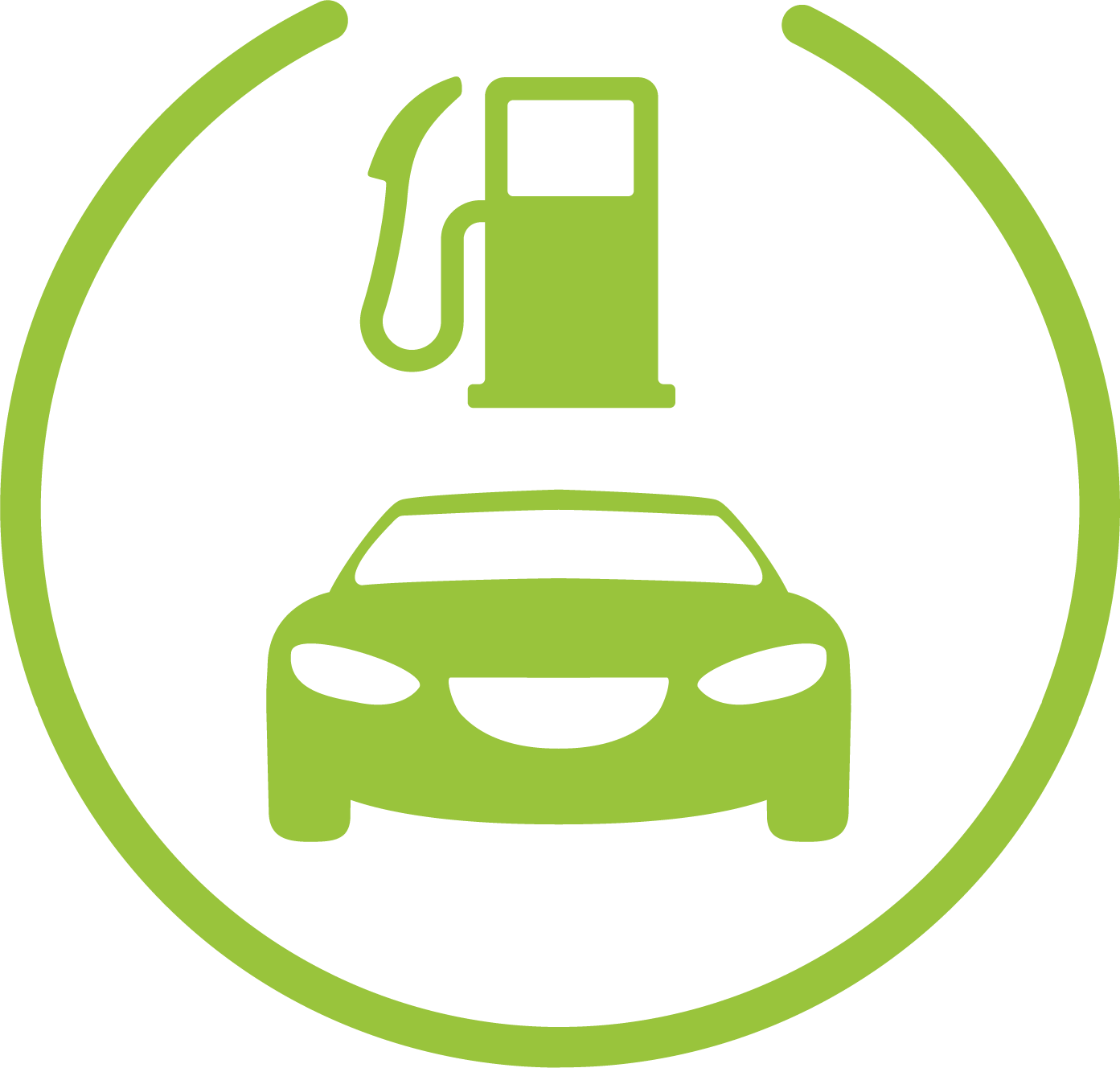
Plug-In Hybrid Electric Vehicles (PHEVs)
Similar to HEV’s as they both use a fuel tank and battery for sources of power. However, PHEV’s normally operate in electric mode with the ICE partially recharge the battery via regenerative braking, or take over and give you extra power if you need it (when carrying a heavy load or towing). You can also recharge by plugging the vehicle into a standard household electrical socket. An example of a PHEV is a Mitsubishi Outlander.
A PHEV could be a good fit if you need a vehicle for a mixture of long and short trips or often need to drive beyond the battery range.
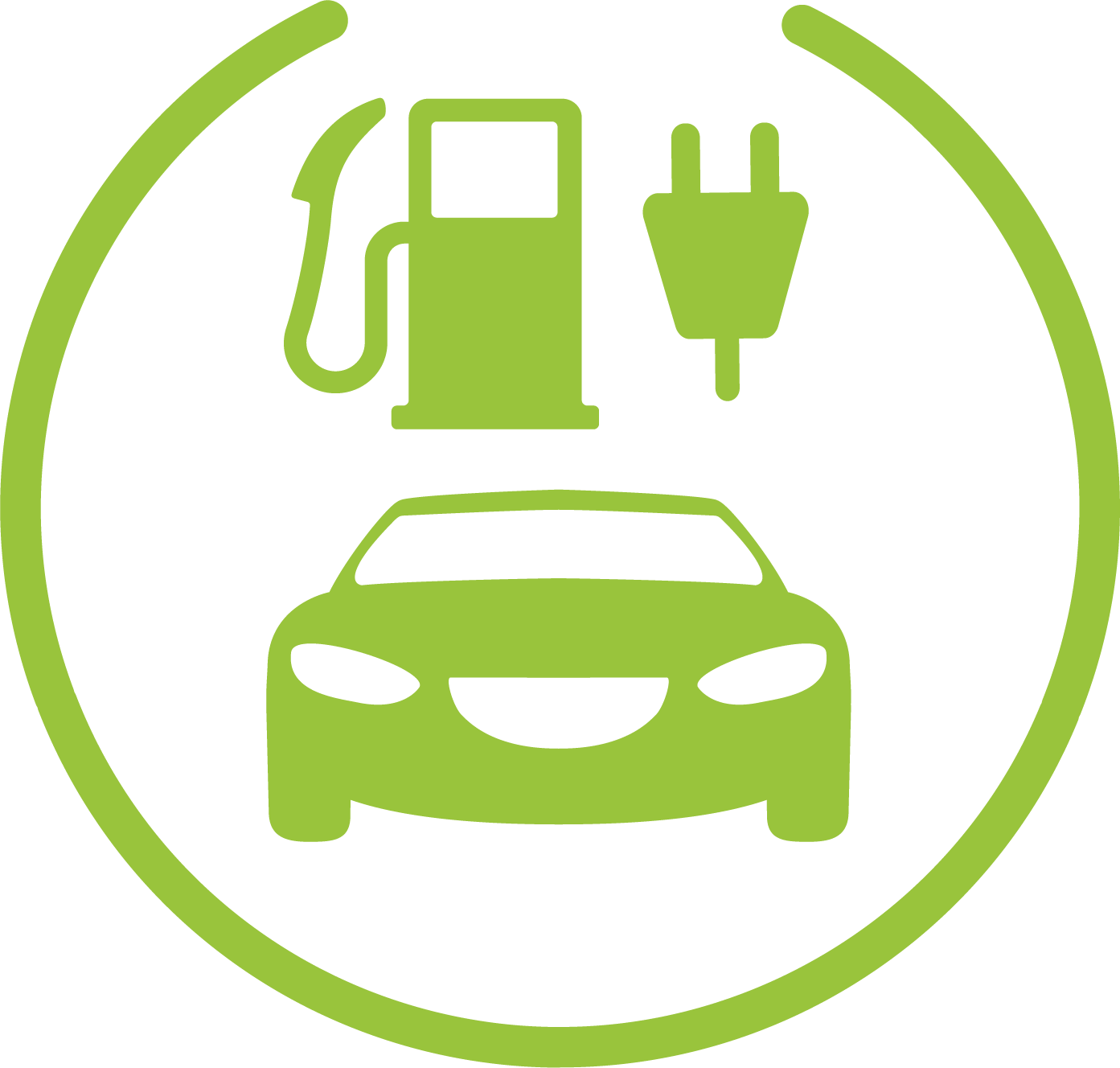
Battery Electric Vehicles (BEVs)
The king of all EVs, BEVs rely exclusively on electric motors to run. The Tesla 3, Kia Niro and Nissan Leaf are all examples of BEV’s or zero emission vehicles. You’ll need to charge a BEV by plugging it into an electrical socket, charging unit or public charging station. BEVs have limited battery range, so you’ll need to be aware of how far you can go before it’s time to recharge if you’re heading out of town.
If you want low running costs, mostly drive around town and often fund yourself sitting in traffic, a BEV is well worth considering.

Still unsure if an EV is for you? Why not take one home for a few days and find out? Rental car companies and subscription services provide a good way for you to trial an EV. You’ll certainly get more out of it than a test drive around the block. Plus, you get to see how the vehicle performs across your day to day activities and if it’s the right kind of EV for you.
If you’re thinking about financing an EV or have any questions around applying for finance, please get in touch with our friendly team, we’re here to help.
Jargon busters
Jargon busters
You could easily be mistaken in thinking you’re hearing or reading a foreign language when it comes to the world of finance. Just looking at a loan agreement with its pages of jargon can send your head into a spin.
However, don’t worry, we’re here to help. We’ve compiled a list of words and terms you’re likely to encounter when you take out a loan, and explain exactly what it is we’re talking about – It’s time to unjumble the jargon!

Agreement – A contract between a borrower (you) and a lender (I.e. Oxford Finance). It outlines the terms of your loan and repayments.
Arrears – The overdue amount or amount accrued after missing one or more scheduled loan repayments.
Co-borrower – Someone who has jointly taken out a loan with another person. They could be a partner, family member or friend. Co-borrowers share responsibility and liability in repaying the loan.
Creditor – The person or company (I.e. Oxford Finance) who lends money to the debtor – the person or company borrowing money.
Deposit – Is an upfront part payment towards the goods you wish to purchase, such as a car. The greater your deposit, the smaller the amount you will need to borrow. To get an indication of possible loan repayments check out our online Loan Calculator.
Direct debit – Once authorised by you, a direct debit enables us (Oxford Finance) to take regular loan payments from your nominated bank account.
Dishonour – Is when there is not enough money in your account to make a loan payment.
Guarantor – Is a person(s) who agrees to be responsible for the debt of the borrower by offering their own assets such as their home as collateral. In general, business loans will require a guarantor.
GAP insurance – If your car is written off and the loan amount you owe is greater than what your insurer pays out, GAP insurance covers the shortfall.
Initial unpaid balance – Is the total amount you owe at the start date of your loan.
Interest – Is the amount a lender (I.e. Oxford Finance) charges the borrower (you) for taking out a loan. The interest rate you are charged is based on the type of security provided, value of security in relation to the loan amount, your previous credit history, and your credit and personal profile.
Loan repayment insurance – Depending on the level of cover you choose, your outstanding loan balance will be paid out if you unexpectedly die, or temporarily cover your loan repayments if you are unable to work due to illness or injury.
Mechanical breakdown insurance – Covers the cost to repair the mechanical or electrical parts of your vehicle if it unexpectedly breaks down.
Motor vehicle insurance – If you borrow money for a vehicle, Oxford requires your vehicle to be insured against theft and accident damage.
Payment waiver – Is an optional product you can purchase at the time you take out a loan. It is included in your repayments and will clear the balance of your loan depending on the level of covered events you choose. Find out more about payment waiver.
Security – Means that if something were to happen, and you were unable to repay your loan, the lender would be able to sell your security (usually your car if you have taken out vehicle finance), to recoup the money owing on your loan.
Settlement – Is the amount required to repay your loan in full.
Trade in – When you purchase a vehicle from a dealer, you may be able to sell your old vehicle to the dealer as part payment towards the cost of your new vehicle.
Vehicle offer and sale agreement – Is the documentation from a dealer outlining the details of your pending vehicle purchase. This will include agreed price, finance details, vehicle details, any add-ons or accessories, trade-in information and values if applicable. It is important that you fully understand all the details and terms and conditions of the offer and agreement. If something doesn’t make sense, ask the dealer to explain it to you.
Please get in touch with our friendly team at Oxford if you have any questions around applying for finance.
We look forward to hearing from you.








